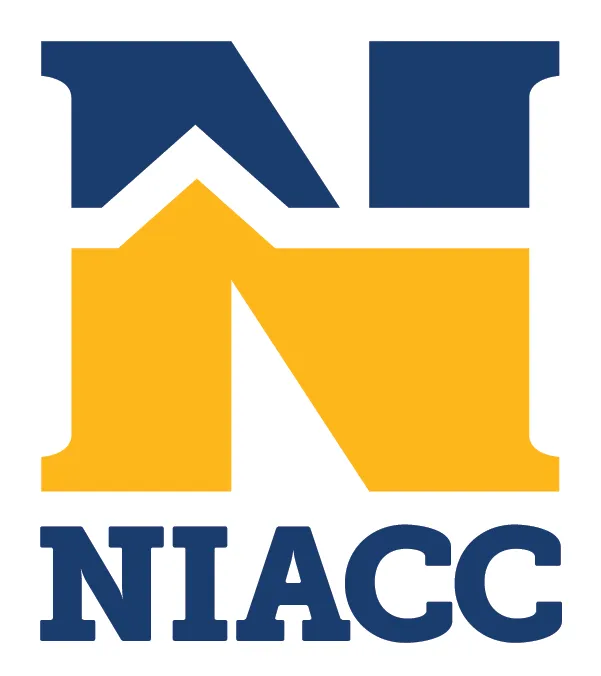Information for Faculty
All instructors are required to include in their syllabus a statement inviting students with disabilities to meet with them in a confidential environment to discuss making arrangements for accommodations.
Sample Syllabus Statement:
North Iowa Area Community College strives to provide an accessible environment for students, faculty, and staff. A student needing accommodations should register with NIACC Disability Services and speak to Lisa Vance, the Disability Services Counselor, in the Student Access Office, AB106. For additional information, contact us at 1-888-466-4222, Ext. 4413, and ask for a brochure regarding Disability Services or to request a meeting with the Disability Services Counselor. You may also contact Lisa Vance directly at 641-422-4296 or vancelis@niacc.edu, or the disabilities website.
If you have concerns regarding equal access to NIACC’s services, programs, and activities, you may contact NIACC Disability Services or learn more about filing a grievance at the grievance-procedures website.
A Disability Services Student Handbook can be found on our website at disability services student handbook or can be provided in hard copy (or an alternate format), upon request, and lists contact information for NIACC’s ADA Coordinator and ADA Compliance Officer, along with other helpful information.
Have you suspected a student has a disability?
Here are some suggestions in approaching the student:
- Emphasize positive performance, then note concerns and inconsistencies with other aspects of a student’s work.
- Be specific about your observations, emphasizing patterns of errors.
- Rather than announcing you suspect there’s a disability, ask the student if he/she is aware of the patterns.
- If the student does not disclose a disability, suggest possible resources the student can explore to address the patterns of difficulty, such as tutoring, Student Learning Center, Student Access Center, etc.
Fairness
If you’ve ever questioned whether you’re being fair to all students when making decisions when students with disabilities are involved, watch this video about fairness for some guidance.
Accessibility of Course Materials
Accessibility benefits more than just those with particular disabilities, it can benefit all students. It is much easier to build your course with accessibility in mind at the start rather than going back to fix problem areas later.
As an instructor, you are required to ensure the instructional materials and activities you use are accessible to all students. This website should assist you in making your course content accessible.
Step-by-step instructions
- Webpages – www.w3.org/WAI/intro/accessibility.php
- Microsoft Word – office.microsoft.com/en-us/word-help/creating-accessible-word-documents-HA101999993.aspx & webaim.org/techniques/word/
- Powerpoint – office.microsoft.com/en-us/powerpoint-help/creating-accessible-powerpoint-presentations-HA102013555.aspx & webaim.org/techniques/powerpoint/
- PDF – webaim.org/techniques/acrobat/acrobat
- Video & Audio – www.w3.org/2008/06/video-notes & webaim.org/techniques/captions/
- Questions to ask publishers prior to textbook adoption – www.pcc.edu/resources/instructional-support/adopting-publisher-content.html
Legal Settlements related to IT Accessibility
Resources for faculty:
http://www.washington.edu/doit/Faculty/
Captioning Policy
